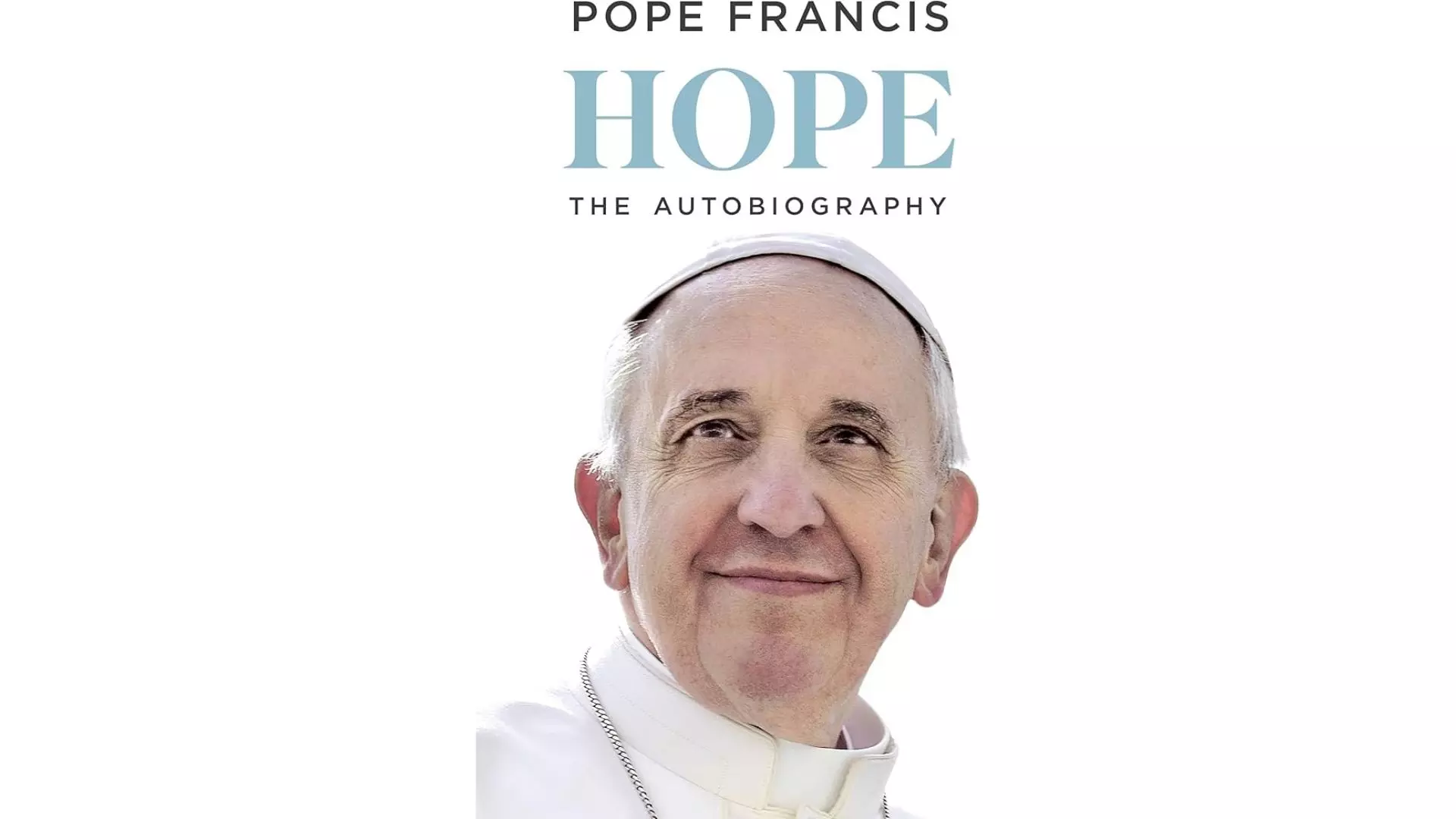Parsa Venkateshwar Rao Jr | An immigrant’s hope manifesto
Pope Francis says that in the beginning he was opposed to Peronism but after he saw the concern shown for the poor, he had changed his mind

Pope Francis, now critical, had wanted this book to be published after he died, according to co-author Carlo Musso. But he changed his mind and allowed for its publication because of “the new Jubilee of Hope (the 2025th anniversary of the Incarnation of Jesus)”.
The book is a moving recall of the emigration of his grandparents from Piedmont in Italy to Argentina after the First World War. This is a much less noted phenomenon compared to the immigration of Italians to the United States in the early decades of the 20th century. Pope Francis’ grandparents — paternal and maternal — came from the same part of Italy, Piedmont. Both sides were intensely political. They fought against Benito Mussolini and his fascists.
Pope Francis says that in the beginning he was opposed to Peronism but after he saw the concern shown for the poor, he had changed his mind. The poor, the deprived and the marginalised became the central part of his life. And along with this a deep sense of family bonding, of bonding with the community and the neighbourhood were built into his life experience.
He writes of the district in Buenos Aires where he spent the first 20 years of his life: “Flores stood in the southern part of the capital, the thriving product of the population explosion in an area that originally served the city with agriculture and livestock and became part of Buenos Aires only at the end of the 19th century. It was a kaleidoscope of ethnicities, religions and professions that had emerged in society through the creation of places of worship, schools, hospitals, sports associations, newspapers.” It is here that he came in touch and made friends with Jews who came mainly from Russia and were called Russians, and Muslims who came from Lebanon, Egypt, Iraq but were known as Turks because they came from parts of the erstwhile Ottoman Empire.
Pope Francis acknowledges the effect of these early contacts as informing his attempt as Pope to reach out to Muslims and Jews. And at the root of this all was the immigrant experience. Here is the foundation of the deep humanism that he nurtured throughout his life as a man dedicated to the Church, Mother Mary and Jesus. It may seem a paradox to many that a man of deep religiosity, immersed in the traditions of faith, could confess to such inspired humanism. But what seems to have created this “conscience” in him was the memories of his paternal grandfather and other migrants, and also the political trauma of Argentina where honest and fearless people were harassed, arrested and even killed, people whom he had been close to. The exposure to political tyranny, indirectly and directly, shaped his outlook, and the suffering of thousands of people whom he did not know impressed itself on his consciousness. And this is reflected throughout the book.
There is, of course, the possibility of Pope Francis’ words in the book to be seen as comprising a homily, the sermon of a Christian priest. But the breadth of his thoughts does go beyond that definition. The Pope remembers what Cardinal Hummes told him after embracing him upon his election as Pope: “Don’t forget the poor.” He refers to compassion time and again. And it is the compassion that arises from the heart of an immigrant.
Hope
By Jorge Mario Bergoglio Pope Francis with Carlos Musso
Translated from the Italian by Richard Dixon
Penguin/Viking
pp. 300; Rs 1,099
